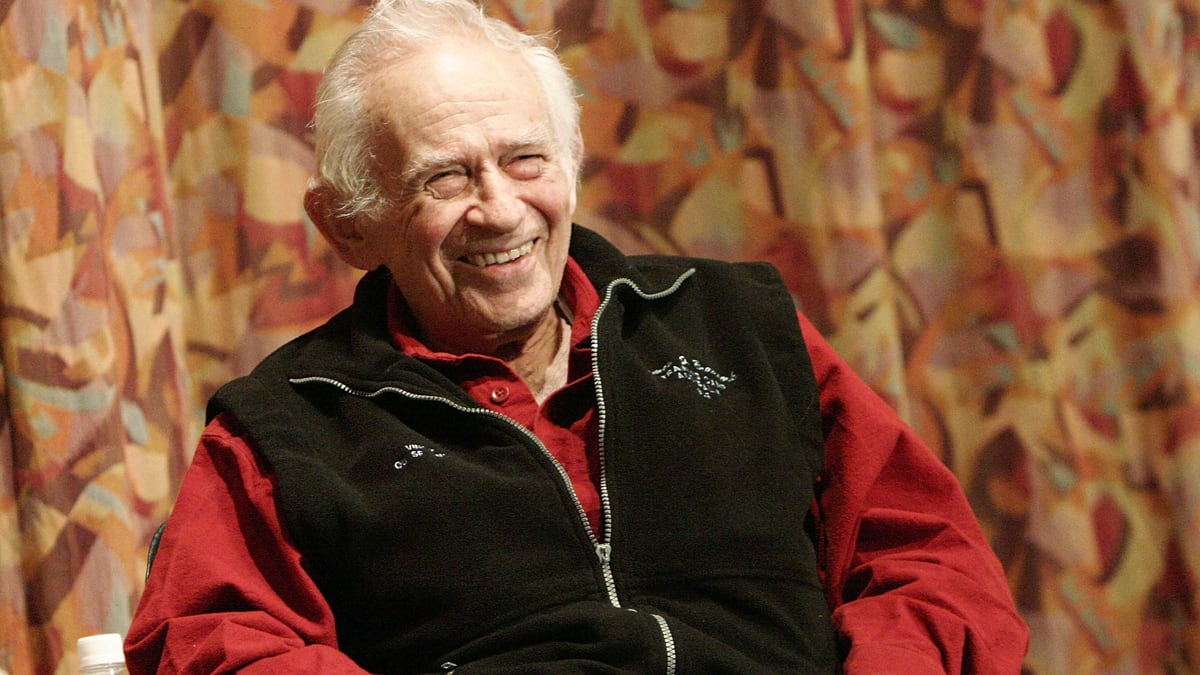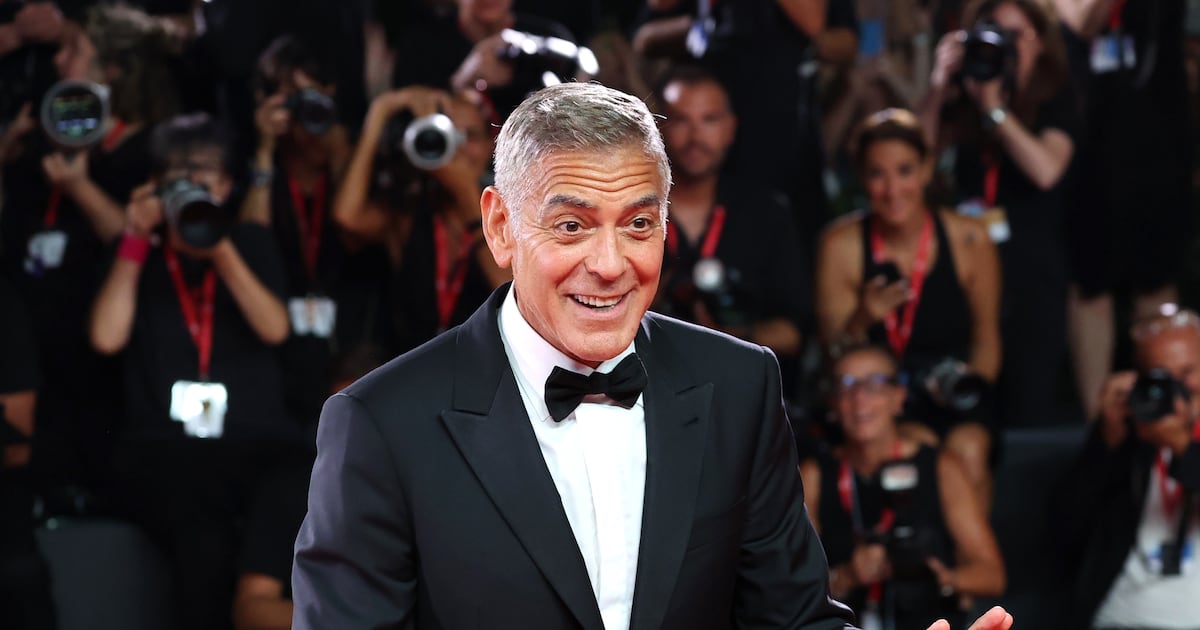On Thursday, October 4, the Norman Mailer Center will hold its fourth annual benefit gala honoring the legacy of the brilliant, pugnacious, headline-making author. At the gala this year Mailer’s friend Muhammad Ali, biographer Robert Caro, and Joyce Carol Oates will all be receiving awards, all hosted by Alec Baldwin. The kind of night Mailer would have enjoyed.

During his lifetime, Mailer seemed to be present everywhere: protesting the Vietnam War, running for mayor, debating feminists in Town Hall, sitting ringside at Muhammad Ali’s fights, having it out with Gore Vidal on The Dick Cavett Show, and—toward the end of his life—warning against the invasion of Iraq.
Mailer’s great subjects were his own psyche and America itself—and he managed to combine these interests in his finest works. The gifted nice Jewish boy from Harvard by way of Brooklyn didn’t want to be a great Jewish novelist. He wanted to be a great American novelist, and he weighed in on almost every major American event—and personality—in the second half of the twentieth century.
ADVERTISEMENT
Mailer wrote more than 30 books, not all of them masterpieces to be sure, though he stretched the boundaries of every genre he attempted—from journalism and the essay to biographical novels. Still, choosing three books as the “essential” Mailer is a challenge.
Does one include The Naked and the Dead, the war novel that made Mailer famous while still in his twenties? That work displayed Mailer’s analytical gifts, his lifelong fascination with masculinity, courage, and power—and his huge, Dos Passos–like ambition to tell the stories of a wide range of Americans.
But for the essential Mailer, it’s best to look to the mature works, beginning with The Armies of the Night, which brought Mailer his first Pulitzer. Ego, narcissism, and celebrity were three of Mailer’s—very contemporary—obsessions, which is one reason he placed himself at the center of his third-person account of the l967 anti-Vietnam War march on the Pentagon. This is where Mailer perfected the innovative journalistic style he began to develop in the magazine and newspaper pieces eventually collected in Advertisements for Myself and The Presidential Papers.
To read Armies of the Night today is to be struck by the freedom that Mailer found to move and back and forth from the personal to the political—and from the ironic to the heroic. Mailer’s many imitators have tried to pull off the same journalistic high-wire act with significantly less success.
Still, Mailer considered himself above all to be a novelist, and he was forever hoping to write, as he famously put it with his usual entertaining bravado, “a novel which Dostoyevsky and Marx; Joyce and ... Proust and Spengler; Faulkner, and even old moldering Hemingway might come to read.”
It can be argued that Mailer came closest to this lofty ambition in The Executioner’s Song, which brought him his second Putlizer. This “True Life Novel” tells the story of Gary Gilmore, the career criminal who murdered two people while briefly on parole in 1976. After refusing to appeal his death sentence, Gilmore got his wish and was executed by a Utah firing squad.
Presented with the massive research accumulated by his frequent collaborator Lawrence Schiller (now president and co-founder of the Norman Mailer Center), Mailer decided to tell Gilmore’s story simply, achieving his effects not by his usual display of intellectual fireworks but by the masterful accumulation of detail. “What I had was gold,” Mailer later said. “I had enough sense not to gild it.” The approach paid off, and Mailer used his novelistic imagination to portray the psyche of a man—indeed a sociopath—whose experience of the world was so different from his own.
Mailer worked on Harlot’s Ghost, his novel of the CIA, for seven years. The world of spies brought together his fascination with the Cold War, conspiracy theories, JFK, Castro, the Bay of Pigs, the polymorphic perverse, the Mafia, and the ways of the WASP establishment. Yet at a time when more and more people pride themselves on their short attention spans, it’s fair to ask why anyone should bother with a 1,100-page novel. Well, for one thing, Harlot’s Ghost is fun to read. It’s a historical novel, but it’s also a spy novel.
Hugh Montague, known as “Harlot”—an intellectually towering spook loosely modeled on CIA legend James Jesus Angleton—has committed suicide as the novel begins. But is it suicide? And is Harlot really dead? The questions linger throughout this at times maddeningly discursive novel. Alas, it also lingers with the final words on the last page: “To Be Continued.”
Mailer never did write the promised sequel. Yet Harlot’s Ghost provides an array of pleasures, including a breathless, somewhat baroquely written opening sequence in which our hero, Harry Hubbard, beds his waitress mistress, runs home to his CIA-agent wife, discovers that Harlot is allegedly dead, and wonders if he is next. Later on, there’s a harrowing portrait of postwar Berlin, complete with an impressive array of sexual shenanigans; a truly great portrait of the real-life CIA agent Bill Harvey; a masterful depiction of the buildup to the Bay of the Pigs; and an expertly rendered account of a clandestine raid on Cuban shores, a tour de force that reminds us that Mailer began his career as a war novelist.
Yes, Harlot’s Ghost could be shorter—a section set in Uruguay really could have been left out entirely—but its triumphs abound, and it would be a pity if this most accomplished of Mailer’s novels remains largely unread today.
It would also be a pity if Mailer is thought of as the cartoonish literary macho man often depicted in the press. He was so much more than that. He was the embodiment of an age when an American man of letters dared to place himself at the center of American life—and stood ready to endure the consequences.
Where is the writer today with the talent and courage to even attempt to take his place?




